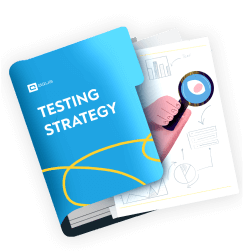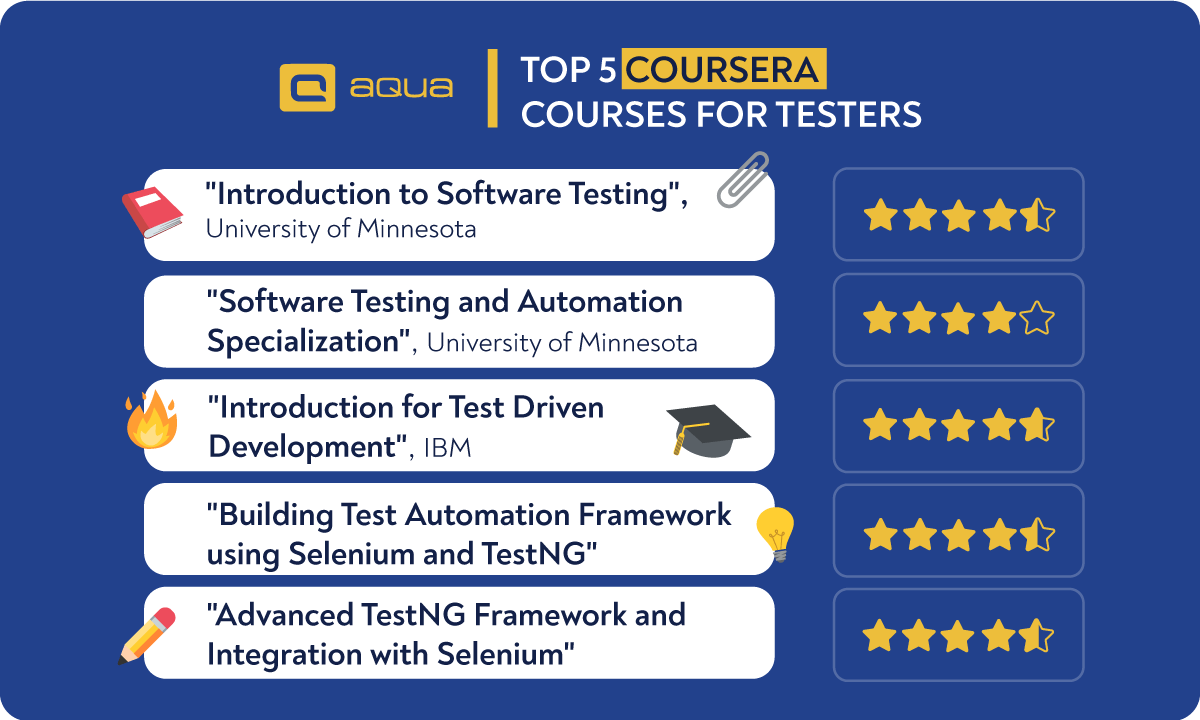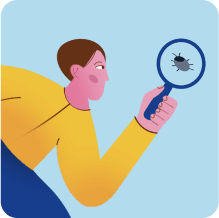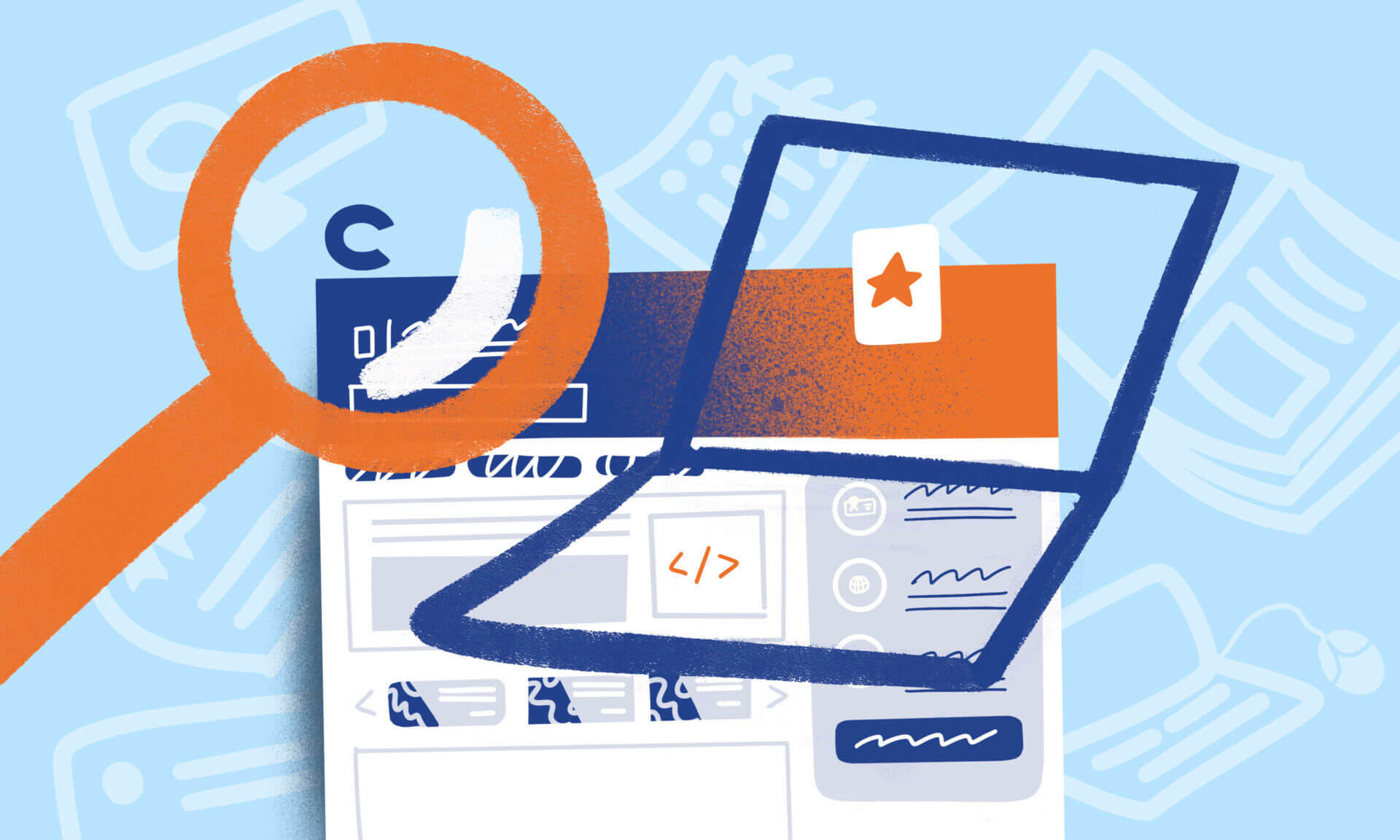Read on to follow us on our journey through the top 5 Coursera testing courses that can change your perspective on software testing in 2024.
#1. "Introduction to Software Testing" by the University of Minnesota
Coursera Rating: 4.4/5 (600 ratings)
Length: 30 hours
Level: Beginner-Intermediate
“Introduction to Software Testing” by the University of Minnesota is one of the software testing courses for beginners in Coursera. Completing this course will equip you with a solid understanding of the fundamental principles and processes of software testing. You will actively create and execute test cases using automated testing tools, improving your skills in writing effective test cases with appropriate input data and expected outcomes. Throughout the course, you will learn about the differences between verification and validation, the goals of testing, and essential software testing terminology.
After completing this testing course for beginners, you can distinguish between white and black box testing, compare test-first and test-last development techniques, and measure test adequacy using statement and branch coverage. You will also learn to assess the effectiveness of functional test suites using mutation testing and evaluate different types of test oracles for optimal testing outcomes. Furthermore, you will gain hands-on experience crafting unit and integration test cases, utilising tools like JUnit and employing test doubles such as stubs and mocks.
This course is for you if you are interested in roles such as Software Engineer, Test Automation Engineer, DevOps Engineer, Software Developer or Programmer. Prior knowledge of the object-oriented programming language such as Java and a basic understanding of the Software Development Lifecycle are recommended to make the most of this course.
#2. "Software Testing and Automation Specialization" by the University of Minnesota
Coursera Rating: 4.1/5 (400+ ratings)
Length: 90+ hours
Level: Intermediate
“Software Testing and Automation Specialisation” by the University of Minnesota is one of the best courses for automation testing that will provide you with a wealth of knowledge and practical skills in software testing. Throughout the specialisation, you will gain expertise in writing automated functional tests for both front-end and back-end code. This involves creating test cases and utilising testing frameworks and tools to automate test execution, ensuring the reliability and efficiency of the software under examination.
Furthermore, the course focuses on the fault-finding effectiveness of a functional test suite using mutation testing. In mutation testing, you introduce intentional faults into the code to assess the capability of the test suite in detecting these mutations. By analysing the effectiveness of the tests, you will learn about the quality of your test suite and identify potential areas for improvement, enhancing the overall accuracy of your testing.
In addition to practical skills, this course for automation testing delves into the realm of defending program correctness using formal methods. You will learn about proof obligations and model-checking techniques to provide formal verification of software behaviour. These methods help you ensure the correctness of software and detect potential issues or violations in the program logic. Integrating formal methods may sound abstract, but it is a very practical way to strengthen the reliability and trustworthiness of your software.
By completing the “Software Testing and Automation Specialisation course,” you will acquire many valuable skills like proficiency in black-box and white-box testing techniques, unit testing, static analysis, testing automation, writing test plans and defect reports, understanding testing theory, writing effective tests, and mastering testing vocabulary. These are crucial to excel in the field of software testing and elevate your career prospects in this critical domain.
Looking to define the right path for your software testing efforts? Look no further than aqua’s testing strategy template. Designed to empower companies like yours and incredibly insightful for aspiring testers, aqua’s comprehensive template offers a roadmap to success in the testing realm. With aqua’s proven framework, you can align your testing efforts with industry best practices, define objectives, establish robust testing methodologies, and ensure effective test coverage. Whether you’re a seasoned professional or just starting your testing journey, our template provides the guidance you need to overcome challenges and deliver software excellence.

Start your journey towards testing mastery today by accessing aqua's comprehensive template
#3. Introduction for Test Driven Development by IBM
Coursera Rating: 4.8/5 (100+ ratings)
Length: 10 hours
Level: Intermediate
The next software testing course on Coursera on our list is “Introduction to Test Driven Development (TDD)” by IBM. Adopting TDD will help you focus on writing test cases before writing the corresponding code, promoting a structured and systematic approach to development. This course will guide you through the foundations of automated testing and its principles, such as test cases, testing levels, and the traditional release cycle.
Delving deeper into TDD, you will explore its benefits and learn about its complement, behaviour-driven development (BDD), which tests how individual units of code work together. You will create test cases with test assertions and test fixtures and execute these tests using the Nose testing package. The course also covers advanced techniques like increasing code coverage, generating and utilising dummy data for QA, and testing mock objects. The last technique will take your unit testing capabilities to new heights.
By the end of the course, you will not only reaffirm the importance of testing but also be equipped with the knowledge and practical skills to implement TDD in your development process. With a solid foundation in TDD, you can enhance your DevOps practices, deliver more reliable software, and foster a culture of quality and continuous improvement within your organisation.
"You can be a great tester if you have programming skills. You can also be a great tester if you have no programming skills at all. And you can be a lousy tester with or without programming skills. A great tester will learn what skills she needs to continue to be great, in her own style."
#4. "Building Test Automation Framework using Selenium and TestNG"
Coursera Rating: 4.6/5 (100+ ratings)
Length: 2 hours
Level: Advanced
The Coursera software testing course “Building Test Automation Framework using Selenium and TestNG” offers a hands-on learning experience for manual and automation QA professionals looking to excel in automation testing. An experienced instructor with more than 30 courses to his name — Saurabh Dhingra — will help you embark on a journey to master creating a robust test automation framework using Selenium and TestNG.
Your instructor will walk you through a step-by-step process, starting with understanding the test automation framework and creating a directory structure. You will learn to develop an automation layer, leveraging generic methods to invoke browsers, navigate to URLs, and perform user actions. Building on this foundation, you will create an application layer using popular design patterns like Page Object Model (POM) or Page Factory. The course covers adding logic to the application layer, writing test cases in the test layer, and executing them using TestNG XML files. You will also gain valuable insights into reading configurations from external files and generating comprehensive logs using an Extent report.
As for visualisation, you will also appreciate the importance of capturing screenshots for failed test cases. These screenshots provide illustrative documentation of the actual state of the application or system at the time of the failed test. They also serve as concrete evidence of the encountered issue and provide valuable context for understanding it. And there’s more to them.
By the end of the course, you will have honed your skills in building a powerful test automation framework using Selenium and TestNG. Whether you are a beginner or have some experience in automation testing, this course will provide you with the knowledge and practical expertise needed to elevate your career and deliver high-quality software solutions.
#5. "Advanced TestNG Framework and Integration with Selenium"
Coursera Rating: 4.7/5 (40 ratings)
Length: 2 hours
Level: Advanced
The course “Advanced TestNG Framework and Integration with Selenium” is designed to enhance your skills in leveraging TestNG for advanced test automation with Selenium. In this course, you will learn how to execute TestNG test cases using TestNG XML files, allowing you to have better control over the order of test execution. You will also explore the parameterisation and grouping of tests, enabling you to efficiently manage and organize your test cases.
Additionally, the course covers parallel execution of test cases and data-driven testing, empowering you to maximise test coverage and efficiency. These skills will help you gain expertise in advanced functional testing, TestNG, automated testing, Selenium automation, and test automation.

Conclusion
In conclusion, mastering the art of software testing is crucial for ensuring your applications’ quality, reliability, and success. By exploring these 5 Coursera courses for all levels, we have uncovered many valuable resources that cater to you. From foundational courses that lay the groundwork for testing principles and methodologies to advanced courses that delve into specialised testing areas, these courses offer a wealth of knowledge and practical skills to enhance your testing expertise.
As you embark on becoming a proficient software tester, consider leveraging the aqua testing tool. It is a comprehensive test management solution with over 10 years in the market that keeps improving. With aqua’s AI Copilot, you can minimise manual efforts, streamline your testing processes, centralise test case management, track test execution, and collaborate with your team effectively. Take the next step in optimising your testing efforts by exploring aqua cloud and discover how it can revolutionise your test management practices.
Drive excellence in your testing endeavours with aqua AI







